5 Tips to Ensure Your Kitten Gets Along With Its Littermates
Kittens are naturally social animals, and their early interactions with littermates play a vital role in their emotional and behavioral development. Encouraging harmony among them not only prevents fights and stress but also helps them grow into well-adjusted adult cats. Whether you’re fostering a litter or adopting multiple kittens, here are 5 essential tips to ensure your kitten gets along with its littermates.
1. Provide Enough Resources for Everyone
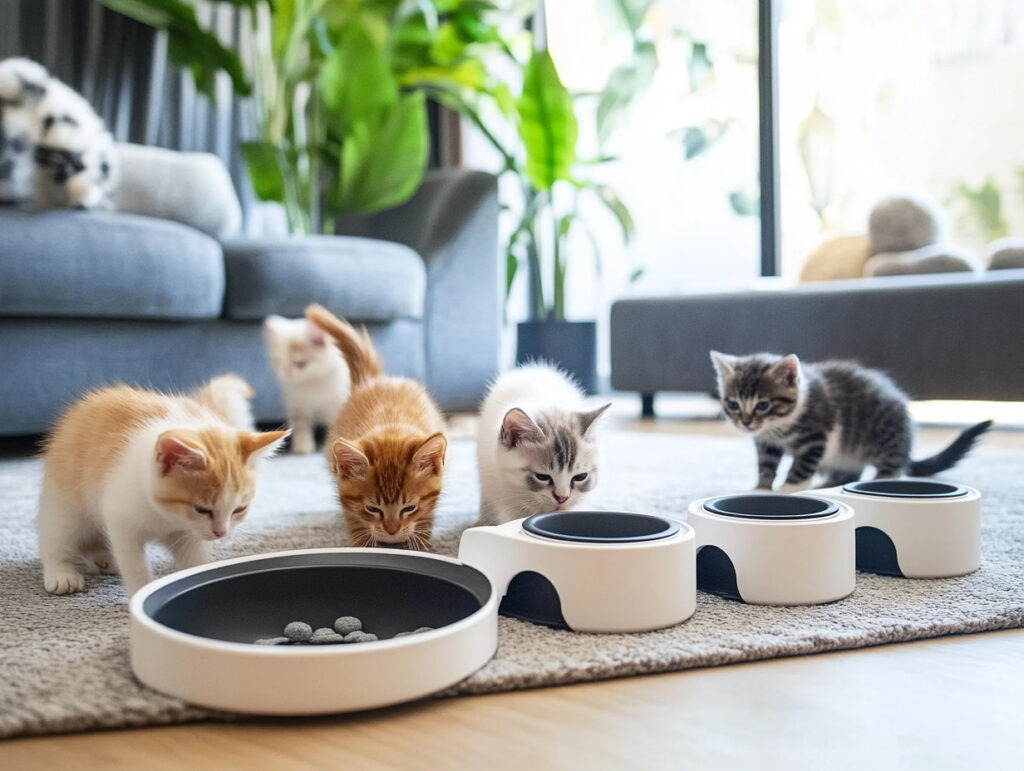
Competition is a major cause of tension. Make sure there are multiple food and water bowls, litter boxes (the rule is one per cat, plus one extra), and cozy resting spots. When resources are limited, even playful kittens may become territorial or aggressive.
2. Encourage Play and Positive Interaction
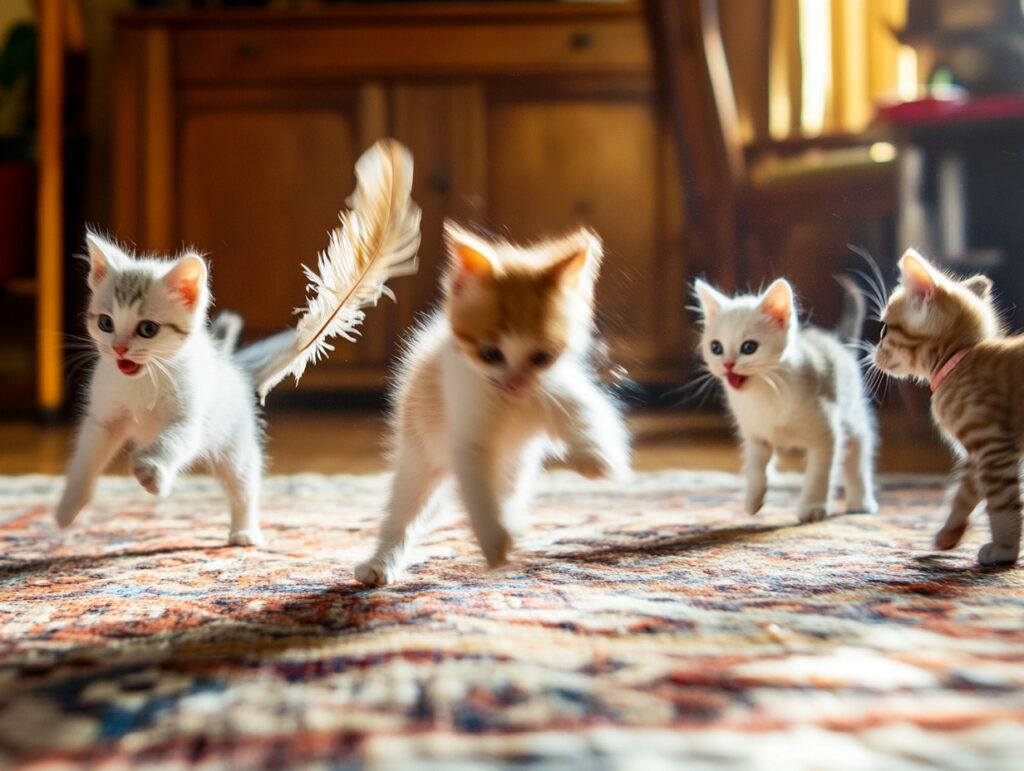
Playtime is not just fun—it’s how kittens learn boundaries and social cues. Use interactive toys like feather wands or ball tracks to stimulate group play. Supervised play helps them burn energy, bond, and learn how to interact without aggression.
3. Watch for Bullying and Step In When Needed
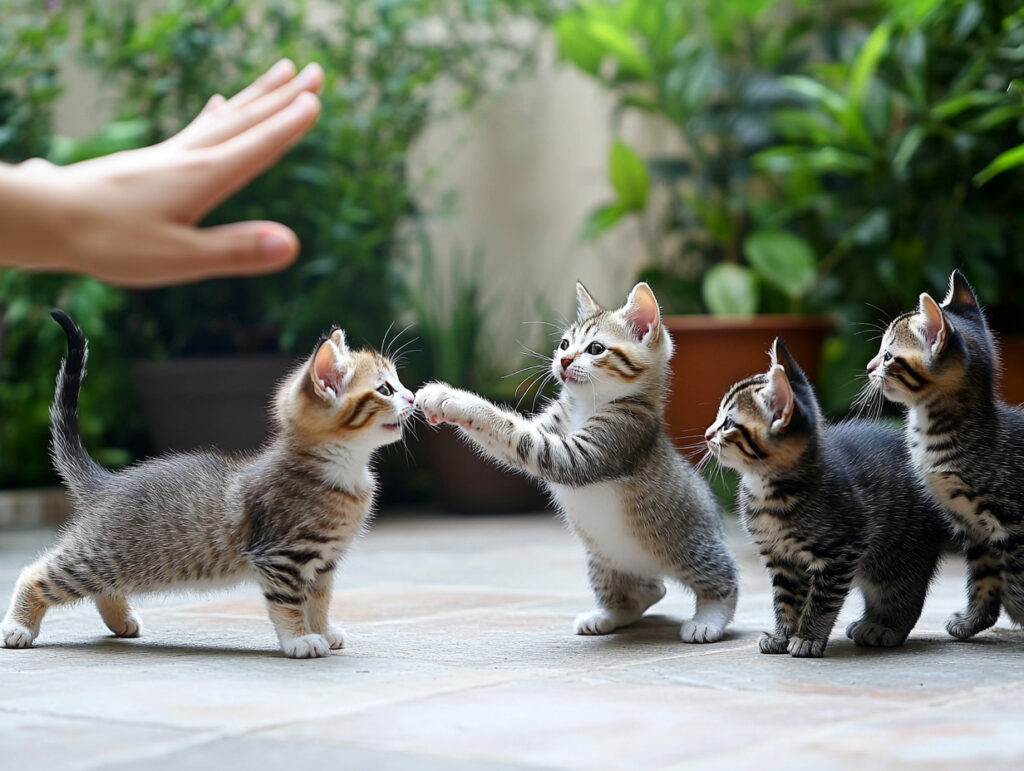
Occasional roughhousing is normal, but consistent bullying or biting can create long-term stress. If one kitten is constantly aggressive, give them a short break or redirect their energy with toys. Early intervention prevents bad habits from forming.
4. Handle Each Kitten Individually
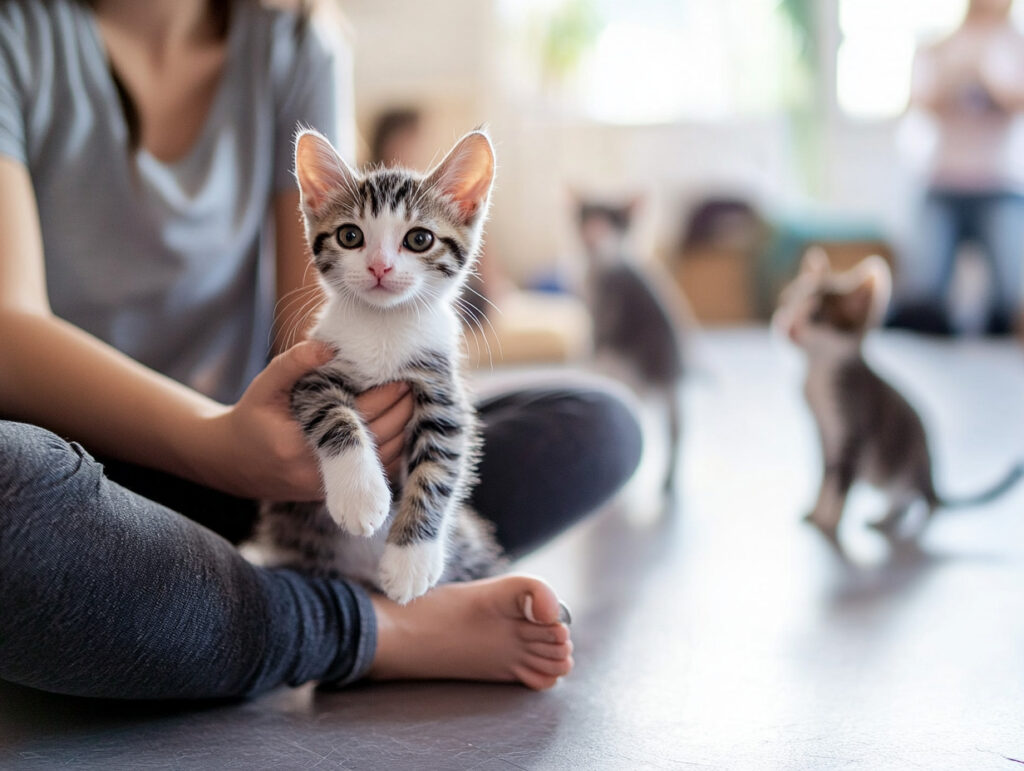
Give each kitten one-on-one time to build their confidence and reduce jealousy. This also allows you to observe each personality more clearly and ensure no kitten is feeling left out or overshadowed by more dominant siblings.
5. Keep a Calm, Safe Environment
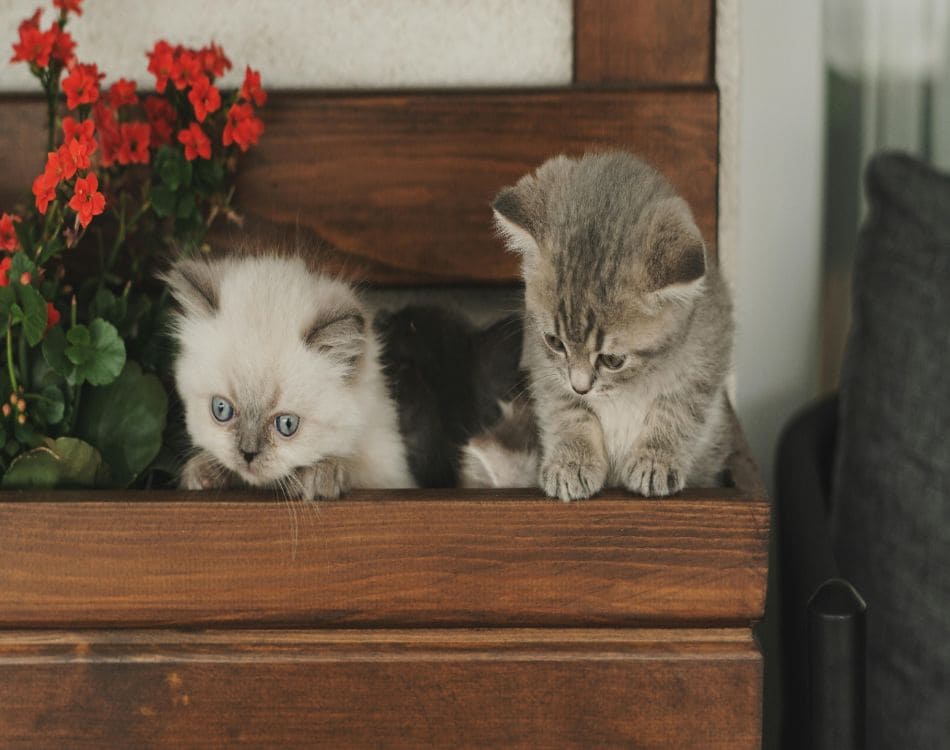
Loud noises, unfamiliar pets, or too many new people can create stress that leads to fighting. Provide a quiet, consistent space where kittens feel safe. A calm environment helps them feel secure—and more likely to bond peacefully with each other.
Final Thoughts: Growing Together, Happily

Kittens raised in a supportive, resource-rich, and playful environment are far more likely to form strong, healthy bonds with their littermates. With the right approach, you’ll help them build the social skills and confidence they need to live happily together now—and with others in the future.







